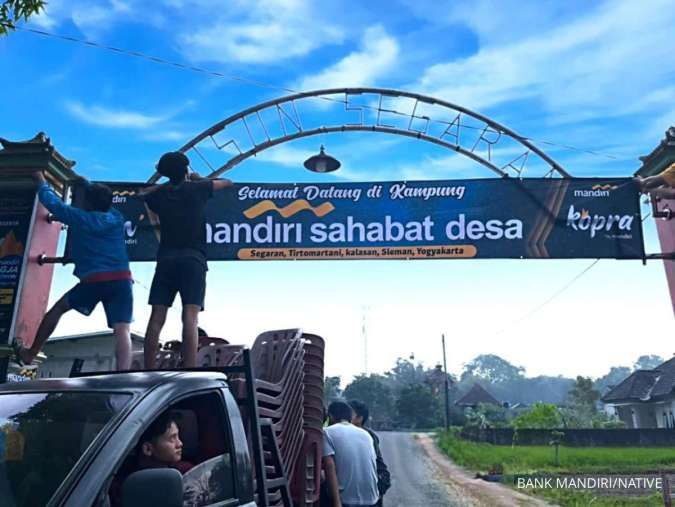JAKARTA. Six big firms operating in areas from pulp and paper to mineral refining and smelting, with an overall investment of Rp 62.27 trillion (US$4.90 billion), are lobbying the government for a tax holiday. According to data from the Industry Ministry, the biggest investment value belongs to PT Ogan Komering Ilir Pulp & Paper Mills, a subsidiary of Indonesia’s major pulp and paper producer APP, which is also part of conglomerate Sinar Mas Group. Ogan Komering Ilir Pulp & Paper Mills aims to build a Rp 29 trillion paper mill in Ogan Komering Ilir (OKI) regency, South Sumatra. It expects to emulate the success of its sister company, organic base chemical business PT Energi Sejahtera Mas to obtain a tax holiday as with the latter’s Rp 2.8 trillion investment.
Launched at the end of 2011, the tax holiday is granted to manufacturing projects in five pioneering industries: base metals, oil refining and basic petrochemicals, machinery, renewable energy and telecommunication equipment — with a minimum value of Rp 1 trillion and to carried out by newly set up firms. APP director Suhendra Wiriadinata could not be reached for comment on the tax holiday application made by APP. Another bulk of investment will derive from PT Feni Haltim, a subsidiary of diversified state-owned miner PT Aneka Tambang (Antam), which will develop a Rp 16 trillion ferronickel project in East Halmahera regency, North Maluku. Haris Munandar, the director of the Industry Ministry’s industrial climate and quality policy research center, said the proposals were undergoing verification at his office. “We are assessing various aspects, from administrative issues, such as principle business permits [issued by the Investment Coordinating Board], to other issues, such as ownership,” he said on the sidelines of the Industry Ministry’s work meeting. After verification from either the Industry Ministry or the Investment Coordinating Board (BKPM) and results showing eligibility, manufacturers will be freed from income tax for five to 10 years. However, currently, only three industrial firms have received the nod to benefit from the facility, with an overall investment of Rp 5.23 trillion. These are PT Unilever Oleochemical Indonesia (Rp 1.15 trillion), which built an oleochemical plant in Sei Mangke, North Sumatra; PT Petrokimia Butadiene Indonesia ($120 million), which set up a butadiene plant in Cilegon, Banten; and PT Energi Sejahtera Mas (Rp 2.8 trillion), which developed an oleochemical plant in Sungai Sembilan, Dumai, Riau. Business players have pinpointed complicated procedures to obtain the tax break as the main hindrance. Acknowledging this situation, Haris said his office would continue demanding the Finance Ministry relax some requirements to make the facility more accessible to industry.
“We want more flexibility for business players to obtain the tax break. The threshold, for example, should be lowered, perhaps toRp 500 billion, to encourage industries like electronics and machinery, for which investment is sometimes below the threshold, to apply,” he said. Voicing similar concerns, economist Didik J. Rachbini, who is also the head of the Economic Study, Research and Development Body at the Indonesian Chamber of Commerce and Industry (LP3E Kadin), noted the rigid approach taken by the Finance Ministry in granting the tax holiday. He said the ministry often prioritized tax income collection over tax holiday provisions, which in fact could have an even bigger impact on the government’s revenue in the longer term, once investment was realized. “The ministry should now think about how the tax holiday will generate investments. We are racing against other countries to attract investment and the facility will be helpful in achieving that goal,” he said. (Linda Yulisman)

